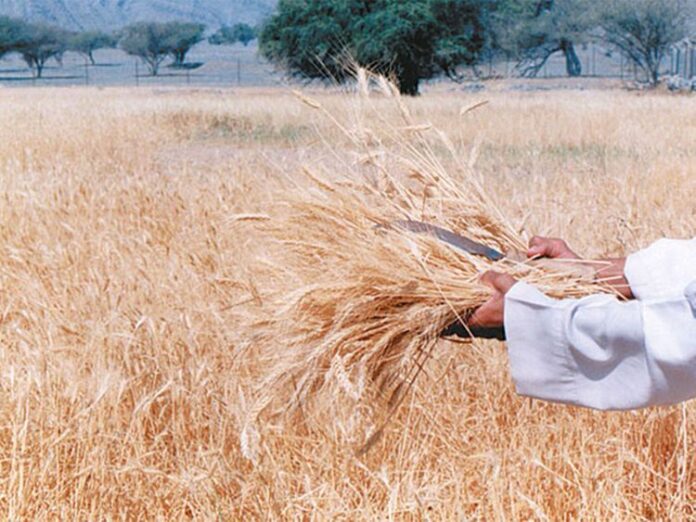Cairo: The government of Saudi Arabia gave warnings that they will take legal action against those who use wheat as grass for cattle and stated that the world is facing food shortages on global markets due to the war in Ukraine.
According to the Ministry of Environment, Water and Agriculture, some fodder factories buy wheat from local growers and use it as an input in cattle fodder.
“This practice contradicts the ministry’s goals of securing needs from this major commodity and enthusiasm to achieve part of self-sufficiency,” the ministry added, according to reports.
The ministry noted jitters at global markets and repercussions on grain prices, mainly wheat.
The Ukraine-Russia conflict has created world fears about a severe wheat shortage as both countries are main suppliers.
Saudi Grains Organization (SAGO) has conducted measures that they imported nearly 630,000 tons of wheat during 2018 from European Union countries, Australia, and South and North America, except Canada.
The USDA expects Saudi Arabia’s wheat consumption in the 2021-22 marketing year to remain at 3.5 million tonnes due to fewer tourists because of the COVID-19 pandemic. The Saudi Grains Organization (SAGO) is the exclusive importer of subsidized food-grade wheat in Saudi Arabia, and it mainly imports hard wheat.
Saudi Arabia exports wheat, dates, dairy products, eggs, fish, poultry, fruits, vegetables and flowers to markets worldwide. Once a staple of the Saudi diet, dates are now mainly grown for global humanitarian aid. The Ministry of Agriculture is primarily responsible for agricultural policy.
Major crops include cereals (wheat, sorghum, barley and millet), vegetables (tomato, watermelon, eggplant, potato, cucumber and onions), fruits (date-palm, citrus and grapes) and forage crops (alfalfa).
Saudi Arabia’s wheat exports were at the level of 16 thousand US dollars in 2018, down from 185 thousand US dollars the previous year. This is a change of 91.35%.

